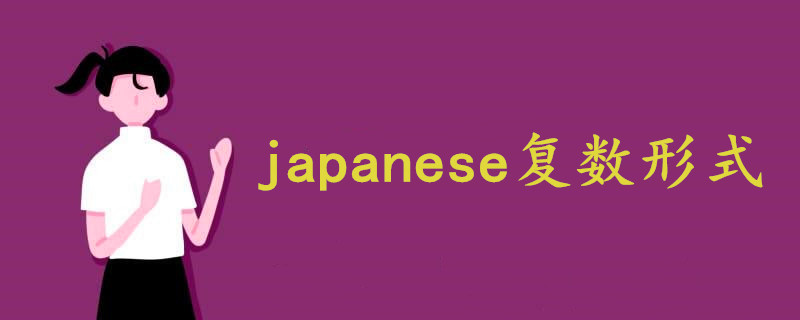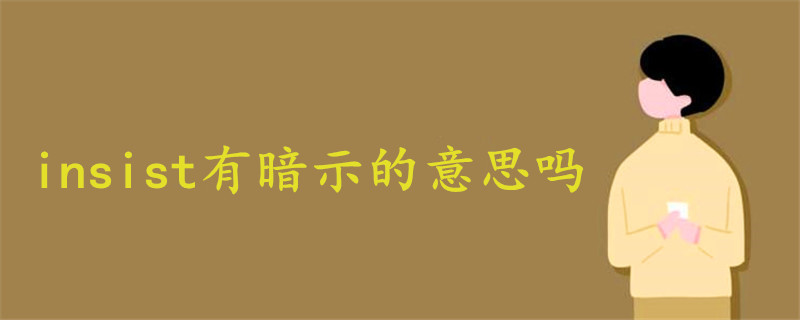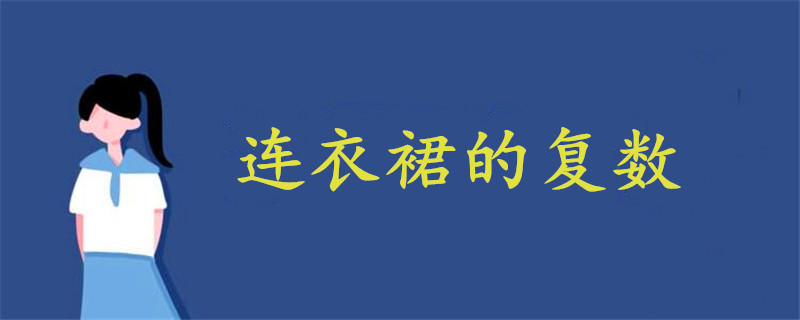japanese的复数形式还是japanese。英语单词japanese可作名词和形容词两种词性,作为名词时,含义有“日本人”、“日语”;作为形容词时,含义有“日本的”、“日本人的”、“日语的”。

Japanese的中文含义及用法介绍
1、作为名词时,意为日本人;日语。
例句:The Japanese are our biggest economic rivals.
日本人是我们最大的经济竞争对手。
At least three British golf courses are now owned by the Japanese.
现在英国至少有3家高尔夫球场为日本人所有。
I can barely string two words together in Japanese.
我那点日语有两个单词就很难摆到一起用了。
A small group of students meets regularly to learn Japanese
一小组学生定期聚在一起学习日语。
The Japanese are expert at lowering manufacturing costs
日本人在降低制造成本方面很在行。
2、作为形容词时,意为日本的;日本人的;日语的;日本文化的。
例句:Japanese firms are looking for a new breed of manager.
日本企业在寻觅新型管理人才。
She loves all things Japanese.
凡是日本的东西她都喜欢。
The Japanese are able to supply niche markets because of their flexible production methods.
日本人具有灵活的生产方式,故而能满足特定客户群的需求。
There are two others besides me who know some japanese.
懂日语的,除了我还有两个人。
Japanese culture has borrowed heavily from china.
日本文化借用了中国的许多东西。
















抚恤金和生活补助费可以作为遗产继承吗?